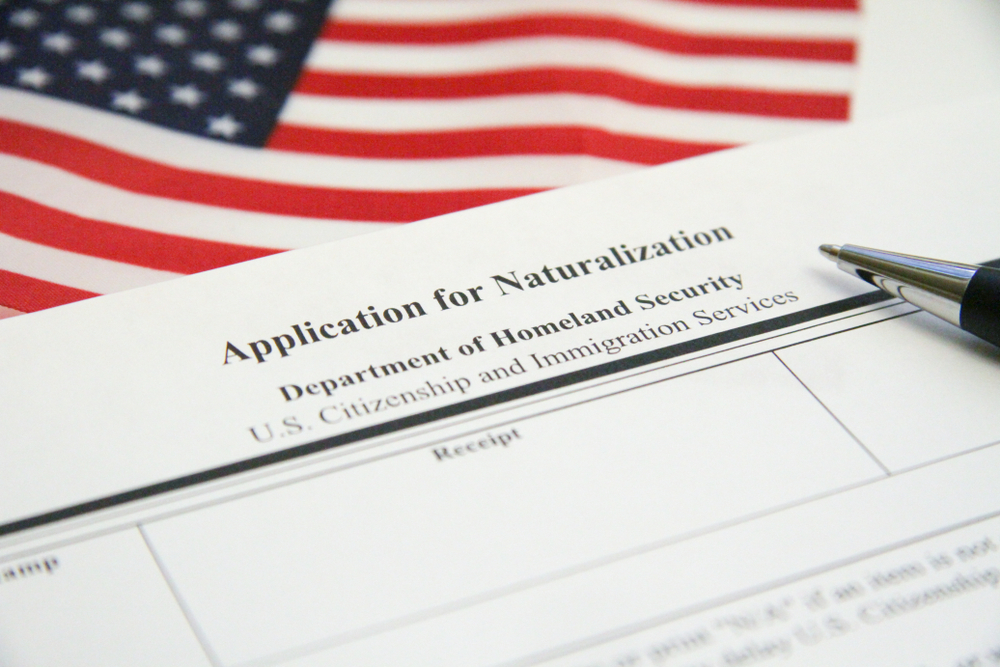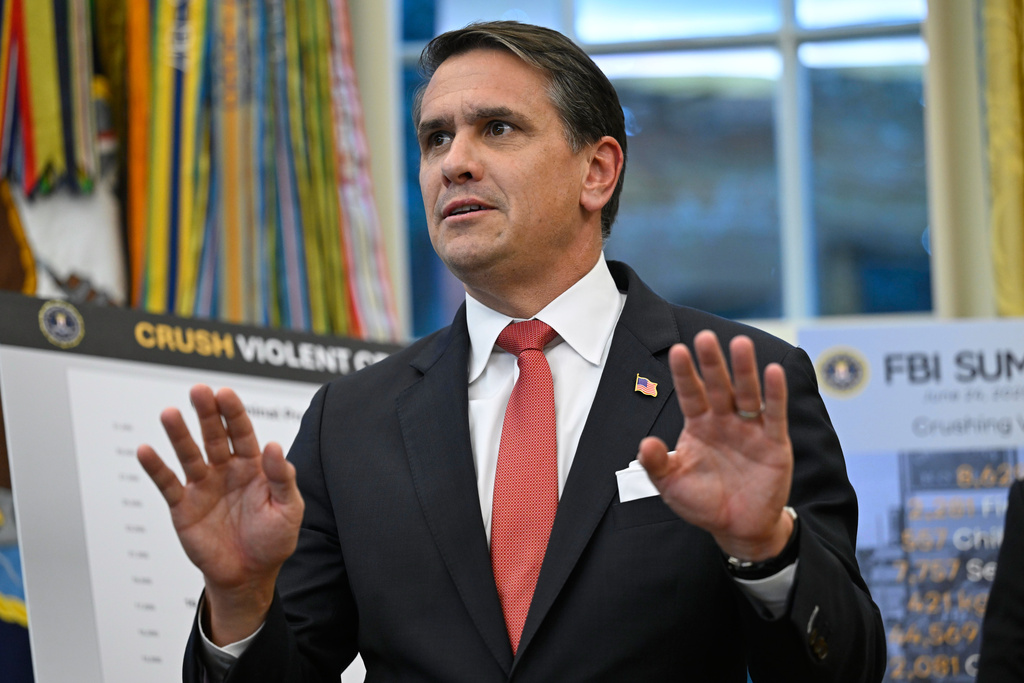The House of Representatives is expected to formally authorize an impeachment inquiry into the president in a highly partisan vote. But that actually hasn't always been the case.
In February 1974, the House voted 410-4 to ratify the impeachment inquiry into President Richard Nixon.
The New York Times reported at the time that the vote came after an hour of debate in which no one rose to defend President Nixon.
Instead, lawmakers argued over how to ensure the inquiry would not become too partisan.
Before Nixon came Andrew Johnson. The House voted 126 to 47 to impeach the 17th president, though they never held a vote to authorize an inquiry.
But a vote to begin the impeachment process of President Bill Clinton in 1998 was much more divided.
The House voted on October 8 of that year 258-176 to begin its official probe of perjury and obstruction of justice charges against the Democratic president.
Thirty-one Democrats voted in favor of the inquiry after two hours of heated debate.
This time around it's unlikely that that many GOP members will vote for the impeachment resolution against President Donald Trump.
Instead a handful of Democrats may break ranks and many moderates representing swing districts could face a backlash from voters in 2020.
New Jersey Democrat Jeff Van Drew told NBC this week that he would not vote for the resolution.
Minnesota Democrat Colin Peterson - who voted in favor of the Clinton impeachment inquiry -- told the Detroit Lakes Tribune ,"Without significant bipartisan support, impeachment proceedings will be a lengthy and divisive action with no resolution."
But freshman Democrat Elaine Luria, who flipped a Republican southeastern Virginia district in 2018, told Newsy she would vote in favor of the resolution, saying, "This investigation will bring out the truth, something every American deserves."











